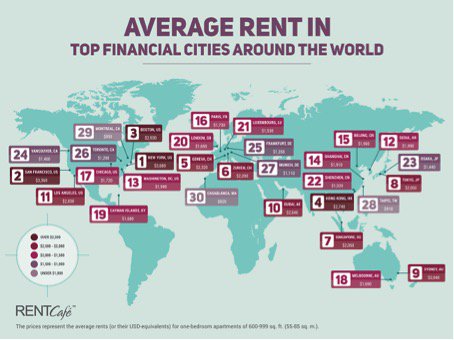NIA and NLA join forces to assist with energy efficiency regulations
The National Landlords Association and the National Insulation Association have joined forces to give landlords a simple online facility in order to source local insulation installers.
This is an initiative to ensure that all landlords meet new energy efficiency standards, coming into force next April.
Efficiency Standards
The 2015 Energy Efficiency Regulations moved to set out minimum energy efficiency standards for England and Wales. These regulations make it unlawful for landlords to let out properties on a new lease that have an EPC rating below E from April 1st 2018. This is unless the property is registered as an exemption.
Landlords must make sure that they plan sufficiently to mitigate the impact of the new regulation. Those with properties with an EPC below an E rating should take action now to avoid falling foul of the law.
Neil Marshall, chief executive of the National Insulation Association, said: ‘Our partnership with the NLA will provide a timely service to help private landlords to meet the new energy efficiency standards. Landlords can contact local NIA installer members via the NLA or NIA websites to arrange a survey and quotation.’[1]

NIA and NLA join forces to assist with energy efficiency regulations
‘They can be safe in the knowledge that NIA installers will have met stringent criteria and sign up to the NIA’s Code of Professional Practice providing added assurance and recourse,’ he added.[1]
Richard Lambert, Chief Executive Officer of the National Landlords Association, noted: ‘It’s important that landlords have access to the most trusted and reliable of local specialists, particularly when it comes to insulation and we hope that this online service will enable landlords to meet their obligations by making their properties more energy efficient.’[1]
[1] https://www.landlordtoday.co.uk/breaking-news/2017/3/nla-and-nia-join-forces-to-help-landlords-meet-new-regulations






